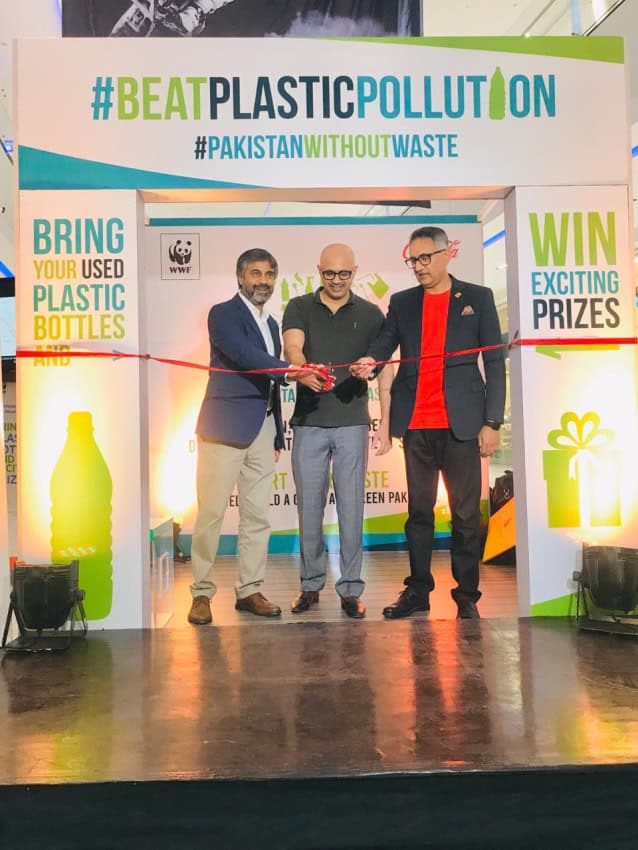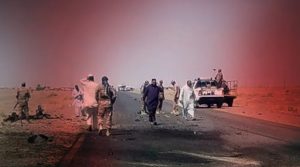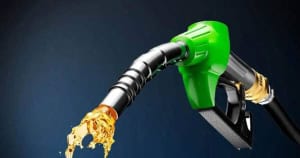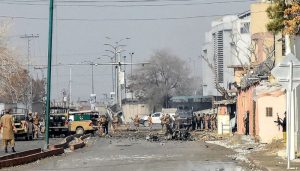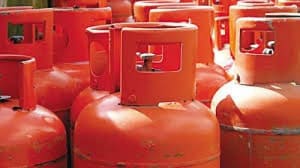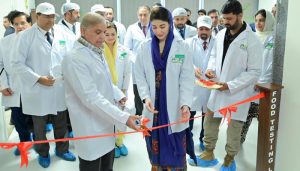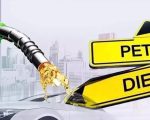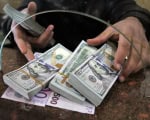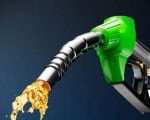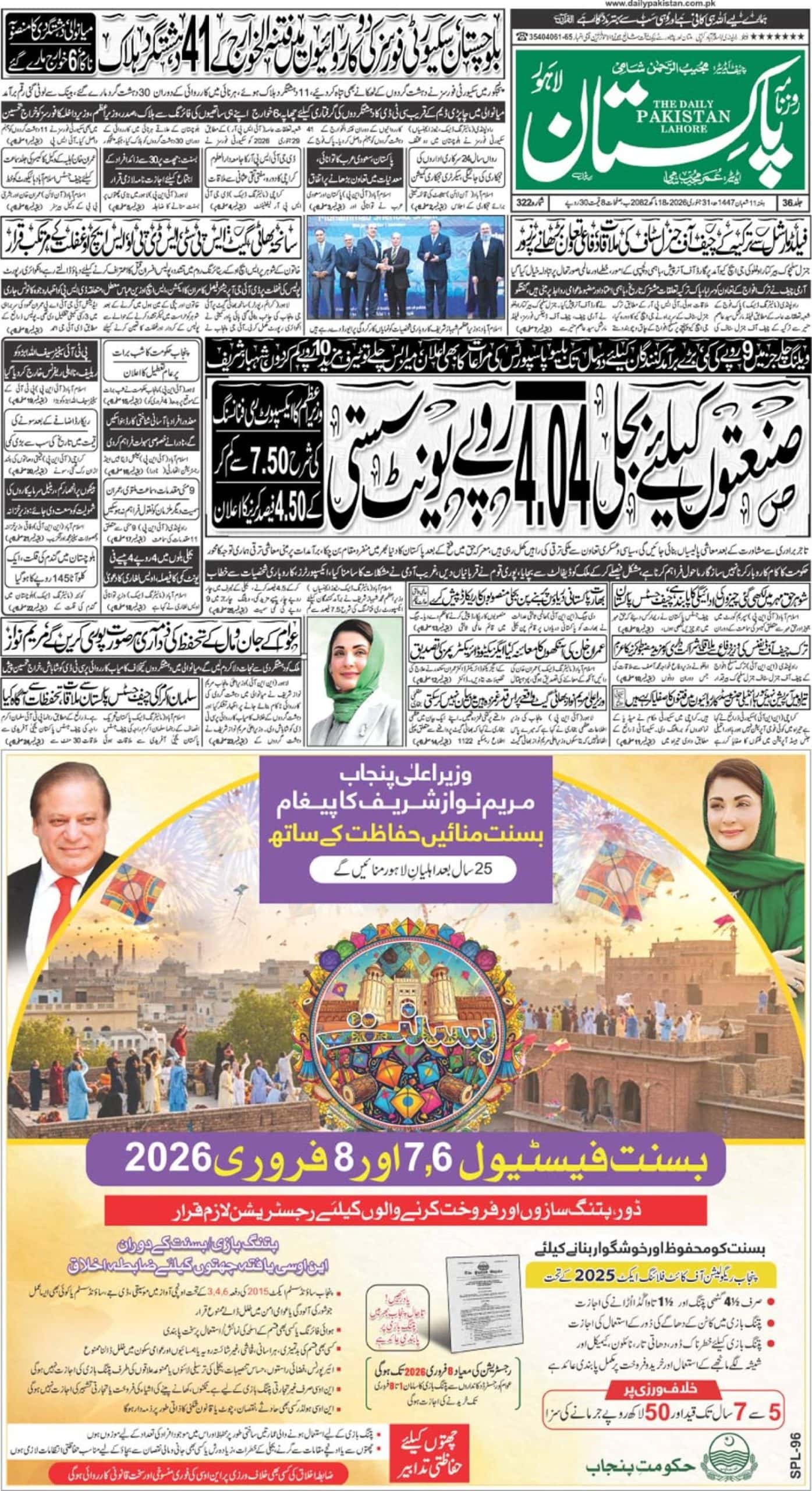LAHORE – WWF-Pakistan, in collaboration with The Coca-Cola Foundation has initiated a month-long pilot plastic recovery and recycling project, Tackling Plastic Pollution in Pakistan.
The project aims to raise awareness about plastic pollution by establishing a plastic recovery facility in three major commercial areas of the city including Packages Mall, Fortress Square and Emporium Mall to encourage citizen’s engagement for plastic waste segregation and to improve recycling of plastic bottles. Citizens will deposit their used PET bottles to the recovery facility and the collected bottles will then be sent to WWF’s partner waste collector, Amal for recycling.
A recent report, No Plastic in Nature: Assessing Plastic Ingestion from Nature to People, based on a study commissioned by WWF carried out by the University of Newcastle, Australia showed that people on average could be ingesting about five grams of plastic every week, equivalent to the weight of a credit card, through the air they breathe, the food they eat and, especially, the water they drink. It suggests that people are consuming about 2,000 tiny pieces of plastic every week. That’s approximately 21 grams a month, just over 250 grams a year.

Speaking on the occasion, Muhammad Rizwan, Minister for Environment Protection Punjab, urged the public to conserve natural resources by reducing their use of plastics in their daily lives. He further said that it is the most important duty of every citizen to play their part in tackling plastic pollution that is plaguing our environment. He also spoke about the measures taken by the provincial government to cope with plastic pollution. He emphasized that a strong will is required by people to reduce their use of plastic. ‘People should shift from disposable plastics to reusable material like cloth bags. If we do not take up this issue now, the situation might soon be out of control; he added.
At the event, Hammad Naqi Khan, Director General, WWF-Pakistan said, “Globally 8 million metric tons of plastic enters oceans on an annual basis and it is due to our consumer driven behaviour, lack of at-source waste separation, improper disposal and informal recycling of plastics. The Indus River has been declared the second most polluted river in the world. This proves that plastic pollution is not a first world issue, it has emerged as a global issue. It is important for companies in the public, private, formal and informal waste sectors to collaborate and work together.”
He said that the plastic recovery facility is a step towards finding solutions to plastic pollution. “With support from environmentally conscious businesses, WWF-Pakistan will continue to initiate more campaigns to promote a cleaner Pakistan,” he added.
Qasim Mahmood, Supply Chain and Productivity Director, The Coca-Cola Export Cooperation Pakistan and Afghanistan Region said, “Consumers today expect companies like ours to be leaders and help make a litter-free world possible as they care for the planet. Through our Pakistan Without Waste vision, we are investing in our planet and in our packaging to help make the world’s packaging problem a thing of the past. This plastic hut is just one the many activities we have aligned with WWF-Pakistan, for our efforts towards promoting plastic recovery and recycling.”

